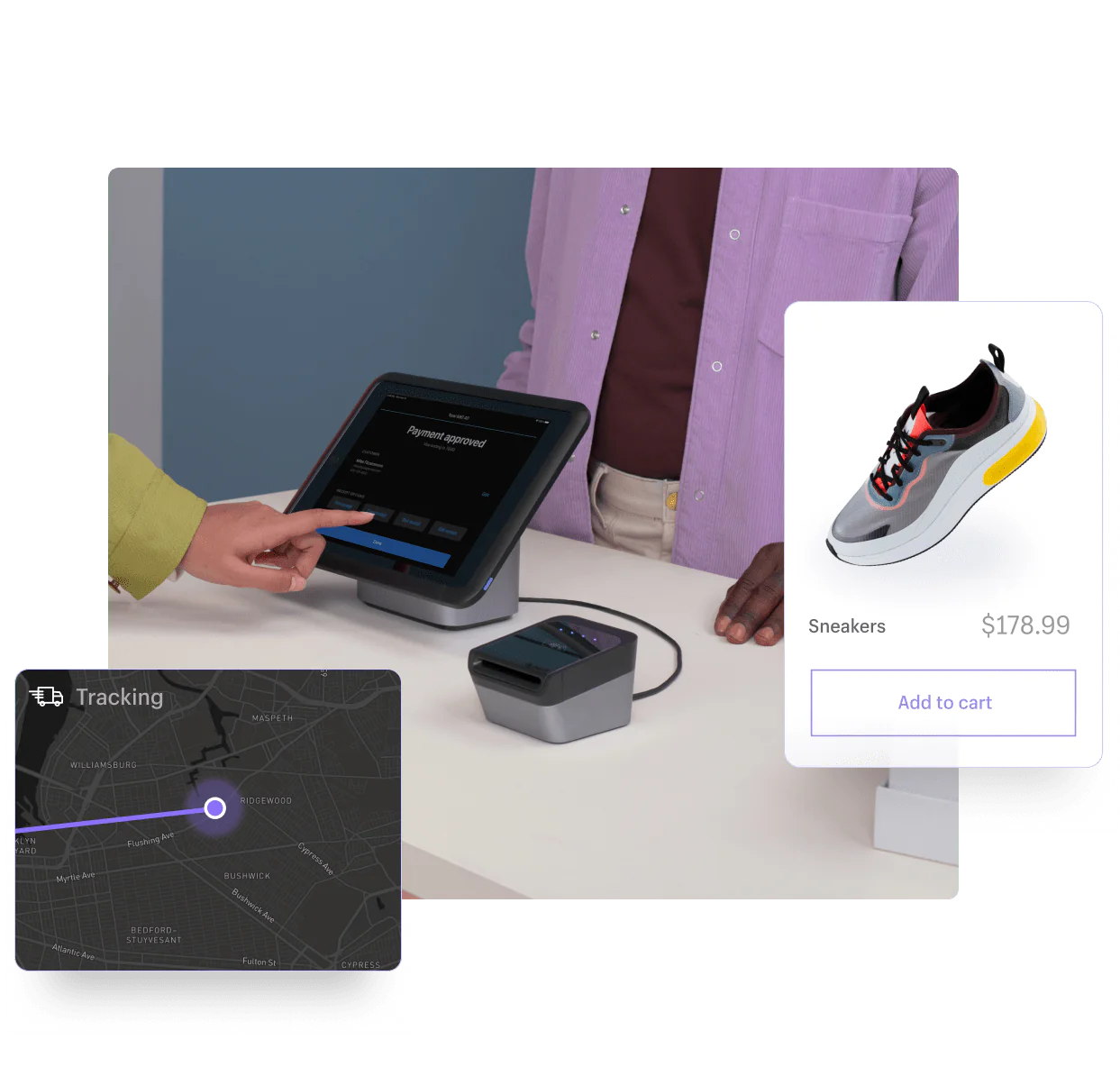
Introduction:
The digital era has revolutionised the way we transact, making online payments an integral part of our daily lives. Payment gateways play a crucial role in facilitating these transactions, enabling businesses to accept payments from customers worldwide. However, a stark disparity exists when it comes to payment gateways in Africa. In this blog post, we'll delve into why Africa often receives a raw deal in this realm, with particular emphasis on why Stripe accounts are not available in African countries and why PayPal offers no accounts in KES (Kenyan Shilling) or ZAR (South African Rand) currencies.
The Importance of Payment Gateways
Before we delve into the disparities, let's understand the significance of payment gateways in the modern world. Payment gateways are intermediaries that process electronic payments for online businesses. They ensure secure, seamless, and swift transactions, thus fostering global commerce. However, not all regions of the world benefit equally from this technology.
Infrastructure Challenges
One of the primary reasons why Africa faces disparities in payment gateways is the lack of robust digital infrastructure. While many African countries have made significant strides in expanding internet access, challenges such as limited connectivity in remote areas and unreliable power supply persist. These infrastructure gaps make it difficult for payment gateway providers to offer their services uniformly across the continent.
Regulatory Hurdles
Regulatory hurdles also contribute to the payment gateway disparities in Africa. Each African country has its own set of rules and regulations governing financial services, making it cumbersome for payment gateway providers to navigate the complex web of compliance. This often leads to delays in expansion or exclusion of certain countries from service availability.
Why Stripe Is Not Available in African Countries
Stripe, a leading global payment gateway provider, is widely used by businesses worldwide. However, Stripe's presence in Africa is limited, with several African countries still unable to access its services. There are several key reasons for this discrepancy:
- Regulatory Challenges: Africa's diverse regulatory landscape poses a significant challenge for Stripe. Compliance requirements, varying from country to country, make it challenging for Stripe to establish a uniform presence on the continent. Additionally, some African countries have stringent financial regulations that may not align with Stripe's business model.
- Infrastructure Limitations: As mentioned earlier, infrastructure limitations are a major hurdle. Stripe relies on robust internet connectivity and reliable power supply to function effectively. Inadequate infrastructure in certain African regions makes it difficult for Stripe to provide its services universally.
- Risk Assessment: Payment gateway providers like Stripe must conduct thorough risk assessments before entering new markets. Factors such as fraud rates, chargeback risks, and political stability are considered. Some African countries may not meet Stripe's risk tolerance criteria, which could deter its expansion into these regions.
Why PayPal Offers No Accounts in KES or ZAR Currencies
PayPal, another globally recognized payment platform, operates in numerous currencies around the world. However, it does not offer accounts in Kenyan Shilling (KES) or South African Rand (ZAR) currencies. Here's why:
- Currency Stability: PayPal typically offers accounts in currencies that are relatively stable and widely used for international transactions. Both the Kenyan Shilling (KES) and South African Rand (ZAR) have experienced fluctuations in value, which can pose challenges for PayPal in terms of currency conversion and risk management.
- Market Size: PayPal's decision to offer accounts in specific currencies is also influenced by market size. While Kenya and South Africa are significant economies in Africa, they may not have reached the critical mass necessary for PayPal to justify the implementation of accounts in their respective currencies.
- Regulatory Considerations: Regulatory hurdles can also play a role in PayPal's currency offerings. Some countries have strict regulations related to currency control, foreign exchange, and cross-border transactions, which can complicate the process of offering accounts in certain currencies.
Addressing the Disparities
Addressing the disparities in payment gateways in Africa is crucial for fostering economic growth and financial inclusion on the continent. Here are some potential steps that can be taken to mitigate these disparities:
- Advocacy for Regulatory Harmonization: African governments and regional bodies can work together to harmonize payment gateway regulations, making it easier for providers like Stripe and PayPal to expand their services across the continent.
- Investment in Infrastructure: Governments and international organizations can invest in improving digital infrastructure in underserved areas, ensuring that payment gateway providers have the necessary infrastructure to operate.
- Collaboration with Local Partners: Payment gateway providers can collaborate with local financial institutions and technology companies to navigate regulatory challenges and tailor their services to meet the specific needs of the African market.
- Innovation in Payment Solutions: African entrepreneurs and fintech startups can play a significant role in bridging the payment gateway gap by developing innovative, Africa-focused payment solutions that address the unique challenges of the continent.
Conclusion:
Africa's payment gateway disparities are the result of a complex interplay of factors, including regulatory challenges, infrastructure limitations, and risk assessments by payment gateway providers like Stripe and PayPal. While these disparities present challenges, they also highlight the need for collaboration between governments, businesses, and innovators to create a more inclusive and accessible digital financial ecosystem in Africa. By addressing these issues, we can help unlock the continent's tremendous economic potential and promote financial inclusion for all Africans.
More Posts
Share this Post






